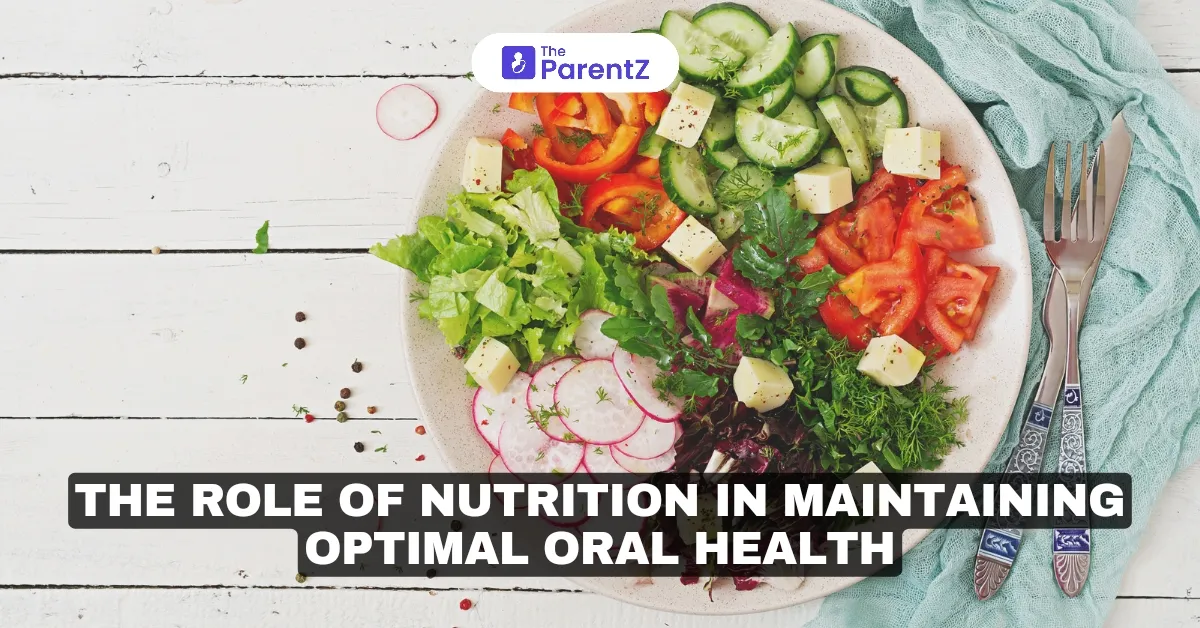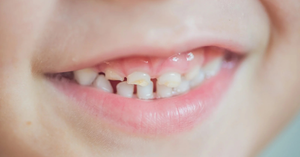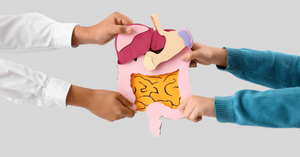Good oral health begins with the right nutrition. While brushing and flossing are critical, what you eat significantly impacts your teeth and gums. A balanced diet strengthens teeth, prevents cavities, and promotes healthy gums, laying the foundation for lifelong oral health.
How Nutrition Affects Oral Health
1. Strengthens Tooth Enamel
• Nutrients like calcium and phosphorus are crucial for maintaining and repairing tooth enamel, the protective outer layer of teeth.
2. Promotes Healthy Gums
• Vitamins, especially Vitamin C, play a key role in preventing gum diseases like gingivitis and periodontitis.
3. Prevents Tooth Decay
• A diet low in sugar reduces the risk of cavities by limiting the food supply for decay-causing bacteria.
4. Supports Saliva Production
• Saliva is essential for washing away food particles and neutralizing acids. Proper hydration and nutrient intake ensure optimal saliva production.
Essential Nutrients for Oral Health
1. Calcium
• Role: Builds strong teeth and bones.
• Sources: Milk, cheese, yogurt, almonds, tofu, and leafy greens.
2. Phosphorus
• Role: Strengthens enamel when combined with calcium.
• Sources: Meat, fish, eggs, nuts, and legumes.
3. Vitamin D
• Role: Enhances calcium absorption, supporting tooth and bone health.
• Sources: Sunlight, fortified dairy products, fish, and egg yolks.
4. Vitamin C
• Role: Maintains healthy gums and prevents inflammation.
• Sources: Oranges, strawberries, bell peppers, and broccoli.
5. Vitamin A
• Role: Supports saliva production and maintains healthy mucous membranes in the mouth.
• Sources: Sweet potatoes, carrots, and spinach.
6. Fluoride
• Role: Strengthens enamel and prevents cavities.
• Sources: Fluoridated water, tea, and fish.
7. Magnesium
• Role: Works with calcium to build strong enamel.
• Sources: Nuts, seeds, whole grains, and bananas.
8. Zinc
• Role: Prevents plaque buildup and fights bad breath.
• Sources: Meat, shellfish, nuts, and beans.
Foods to Avoid for Better Oral Health
1. Sugary Snacks and Drinks
• Promote bacterial growth, leading to cavities. Examples: candies, sodas, and fruit juices.
2. Sticky Foods
• Adhere to teeth, making them harder to clean. Examples: caramel, dried fruits.
3. Acidic Foods and Beverages
• Weaken enamel over time. Examples: citrus fruits, vinegar, and carbonated drinks.
4. Refined Carbohydrates
• Break down into sugars that feed harmful bacteria. Examples: white bread, chips, and pastries.
5. Alcohol
• Reduces saliva production, leading to dry mouth and an increased risk of decay.
Dietary Habits for Optimal Oral Health
1. Drink Plenty of Water
• Keeps the mouth hydrated and helps wash away food particles.
• Opt for fluoridated water when available.
2. Include Crunchy Fruits and Vegetables
• Apples, carrots, and celery naturally clean teeth and stimulate gums.
3. Limit Snacking
• Frequent snacking increases acid production in the mouth. Choose nutrient-rich snacks like cheese or nuts.
4. Pair Foods Wisely
• Combine acidic foods with alkaline ones to neutralize acids. For instance, have cheese with fruit.
5. Chew Sugar-Free Gum
• Stimulates saliva production and helps remove food particles after meals.
The Link Between Poor Nutrition and Oral Diseases
1. Tooth Decay
• High-sugar diets promote plaque formation, leading to cavities.
2. Gum Disease
• Nutrient deficiencies, especially Vitamin C, can result in swollen, bleeding gums and advanced periodontal disease.
3. Tooth Loss
• Poor calcium and Vitamin D intake weaken the structure of teeth, increasing the risk of tooth loss.
4. Oral Infections
• Low immunity due to poor nutrition can make the mouth more susceptible to infections like oral thrush.
Tips for Parents to Support Children’s Oral Health
1. Start Early
• Introduce a balanced diet to toddlers, emphasizing fruits, vegetables, and dairy.
2. Limit Sugary Treats
• Reserve sugary snacks for special occasions and brush teeth afterward.
3. Encourage Healthy Snacks
• Opt for cheese sticks, yogurt, or raw veggies instead of chips or candy.
4. Model Good Habits
• Eat a balanced diet and practice oral hygiene as a family.
Conclusion
Nutrition plays a vital role in maintaining oral health. A balanced diet rich in essential nutrients strengthens teeth, supports healthy gums, and prevents dental diseases. Combining proper nutrition with good oral hygiene practices and regular dental checkups will ensure lifelong oral health for you and your family.
References
• American Dental Association. The role of diet in oral health.
• Centers for Disease Control and Prevention. Nutrition and oral health.
• National Institutes of Health. Essential vitamins and minerals for oral health.








Be the first one to comment on this story.